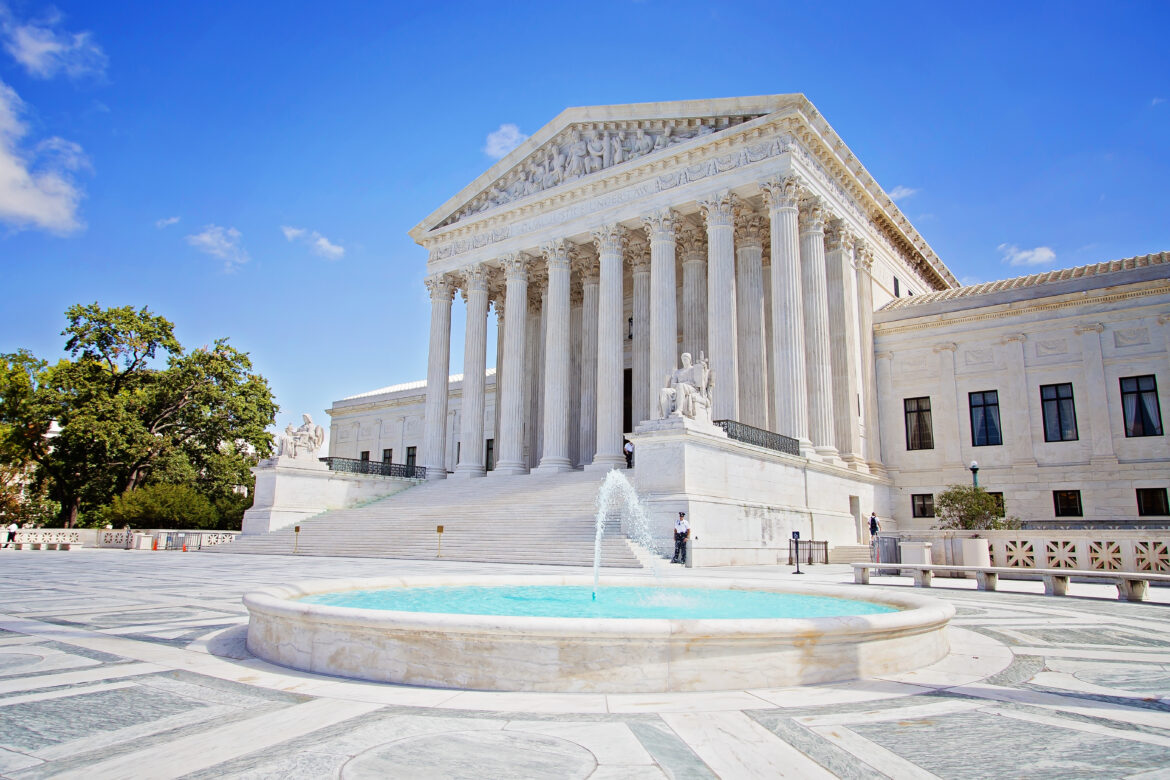By: Georgia Caroline Patterson
FAYETTEVILLE, Ark. (UATV) – The United States Supreme Court examined two cases on Monday that have the potential to change internet censorship. Both cases reviewed regarded what Americans can see on social media platforms such as Facebook, TikTok, and YouTube.
Both Texas and Florida have laws regarding the regulation of how social media companies control content on their platforms. Oral arguments in court questioned whether these laws violate the First Amendment due to infringement on media company’s abilities to make decisions about posted content on their platforms.
Dr. Kara Gould, a Media Law professor at the University of Arkansas said, “Personally, issues lie whether the court says that Americans should be protected from corporate censorship as they are government censorship.”
Florida and Texas laws were enacted on after former President Donald Trump supporters stormed the United States Capitol on Jan. 6th, 2021. During this time, social media companies such as Facebook, Twitter, and more banned Trump from posting on their platforms.
The First Amendment regarding freedom of speech is questioned by the justices throughout both cases. Many justices expressed concerns regarding free speech within social media censorship.
The justices were also concerned that states can prohibit social media platforms from limiting the reach of some users without violating the company’s free speech.
Florida and Texas laws focus on different aspects of censorship. Texas law specifically prevents the banning of users based on opinions and views expressed. Florida law prevents social media companies from banning public figures from running for office.
“It’s a complex case or the Supreme Court would not have taken it,” said Gould.
Supreme Court justices voiced their various opinions based on the case at hand.
Justice Ketanji Brown Jackson stated, “So part of the dynamic that I think is going on in these cases is the fact that this regulation is enacted by the sort of democratically elected representatives of a state.” (NetChoice, LLC v. Paxton, 2024)
Chief Justice John Roberts said, “The First Amendment restricts what the government can do, and what the government’s doing here is saying you must do this, you must carry these people; you’ve got to explain if you don’t. That’s not the First Amendment.” (NetChoice, LLC v. Paxton, 2024)
The public square has shifted in the 21st century and technology along with social media platforms plays a large role in society. Cases such as these create conflict over the meaning of free speech within these platforms.
Actions such as Facebook taking CDC guidelines off their platform during the COVID-19 pandemic are related to these cases.
Social media platforms are viewed as “public forums” in which people believe every type of content should be allowed.
The arguments regarding controversial laws that regulate social media platforms have the potential to change the way Americans consume information on the internet.
The court has not decided on the ruling of the cases.
For more information, you can reference the court transcripts below.
Moody v NetChoice, LLC, 22-277, (2024)
https://www.supremecourt.gov/oral_arguments/argument_transcripts/2023/22-277_8n59.pdf
NetChoice, LLC v. Paxton, 22-55, (2024)
https://www.supremecourt.gov/oral_arguments/argument_transcripts/2023/22-555_omq2.pdf


